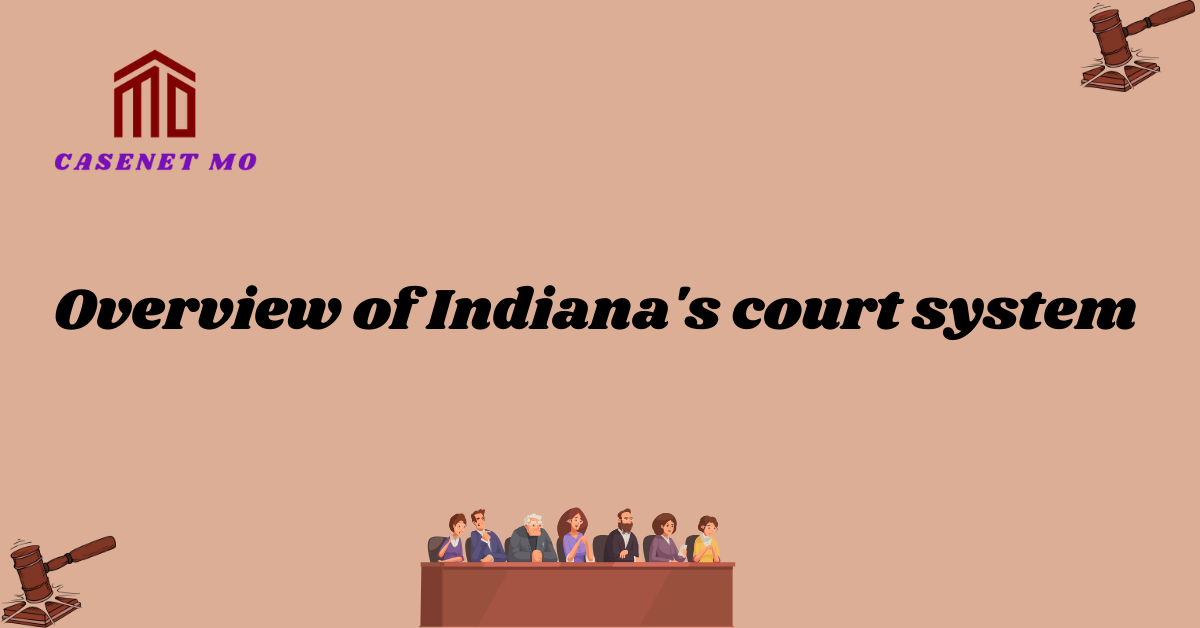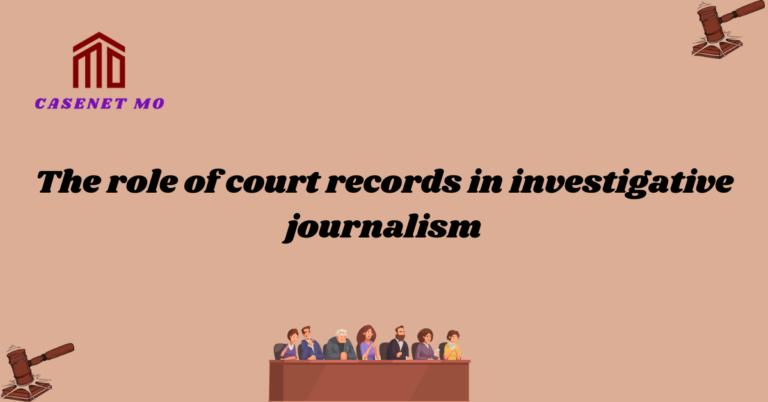Overview of Indiana’s court system
Indiana’s court system is a well-established and vital element of the state’s legal framework. With a rich history dating back to its founding, the courts in Indiana have played a crucial role in upholding justice and ensuring a fair legal process for its residents.
Comprising multiple levels and a diverse range of courts, Indiana’s judicial system is designed to handle a wide variety of legal matters. From local trial courts to the Indiana Supreme Court, each level of the court system serves a unique purpose in administering justice and resolving disputes.
Indiana’s Court System: A Comprehensive Overview
Indiana’s court system is a well-established and vital element of the state’s legal framework. With a rich history dating back to its founding, the courts in Indiana have played a crucial role in upholding justice and ensuring a fair legal process for its residents.
A Multilayered Judicial Structure
The judicial system in Indiana is comprised of multiple levels, each serving a unique purpose in administering justice and resolving disputes. Understanding the structure of the court system is essential for navigating the legal landscape in the state.
Local Trial Courts
The first level of Indiana’s court system consists of local trial courts. These courts handle a wide range of cases, including civil, criminal, and family matters. They are the entry point for most legal disputes in the state.
Superior and Circuit Courts
Superior and circuit courts are the next level in Indiana’s court system. These courts have general jurisdiction and deal with more complex cases. They hear appeals from the local trial courts and have the authority to review decisions made at the lower level.
Appellate Courts
Indiana’s appellate courts serve as the intermediate level of review. The Court of Appeals and the Tax Court handle appeals from lower courts, ensuring that the law is applied correctly and fairly. These courts focus on reviewing legal errors and determining whether the lower court’s decision was just.
The Indiana Supreme Court
At the top of Indiana’s court system is the Indiana Supreme Court. As the highest appellate court in the state, it has the final say on legal matters. The Supreme Court reviews decisions from the lower courts, establishes legal precedents, and interprets the state’s constitution.
Ensuring Justice and Fairness
Throughout Indiana’s court system, the primary goal is to ensure justice and fairness for all residents. The courts are committed to upholding the rule of law and protecting individual rights. Judges and magistrates play a crucial role in maintaining the integrity of the legal process and making impartial decisions based on the facts and applicable laws.
Accessible and Transparent Proceedings
Indiana’s court system strives to provide accessible and transparent proceedings. The courts are open to the public, allowing individuals to observe and understand the legal process. Electronic filing systems and online access to court records enhance convenience and promote transparency.
Continual Adaptation and Improvement
Indiana’s court system is not stagnant. It continually adapts to meet the changing needs of its residents and improve the efficiency of the legal process. The courts embrace technological advancements and implement innovative solutions to enhance access to justice and streamline procedures.
FAQs
What types of cases do trial courts in Indiana handle?
Trial courts in Indiana handle a wide range of cases, including civil disputes, criminal matters, probate issues, and family law cases such as divorce and child custody.
How are judges selected in Indiana?
Judges in Indiana are typically selected through a merit-based system. They are initially appointed by the Governor from a list of candidates provided by a judicial nominating commission. After serving for a period, they may face retention elections.
Can decisions made by trial courts be appealed in Indiana?
Yes, decisions made by trial courts can be appealed to the Indiana Court of Appeals. If further review is necessary, parties can petition the Indiana Supreme Court.
Are court records in Indiana public?
Yes, court records in Indiana are generally public records unless sealed by the court for specific reasons. These records can often be accessed online through the Indiana Judiciary’s website or in person at the relevant courthouse.
How to file for divorce in Indiana and what are the grounds?
To file for divorce in Indiana, one party must be a resident of the state for at least six months. Indiana allows for “no-fault” divorces, meaning couples can cite irreconcilable differences. Additionally, fault-based grounds such as adultery or abandonment may also be cited. The process involves filing a petition with the appropriate court and navigating the legal proceedings.
Conclusion
Indiana’s court system is a cornerstone of the state’s legal framework. From local trial courts to the Indiana Supreme Court, each level plays a vital role in upholding justice, ensuring fairness, and resolving disputes. With a commitment to accessibility, transparency, and continual improvement, Indiana’s courts strive to serve the residents in the most efficient and effective way possible.







